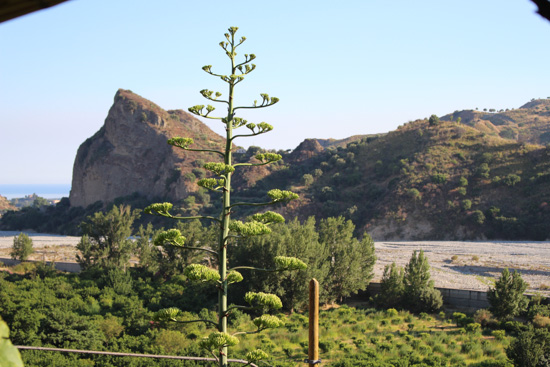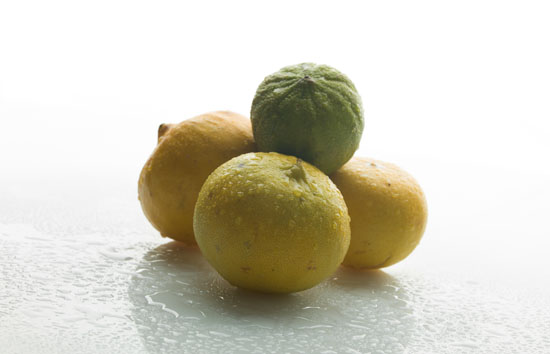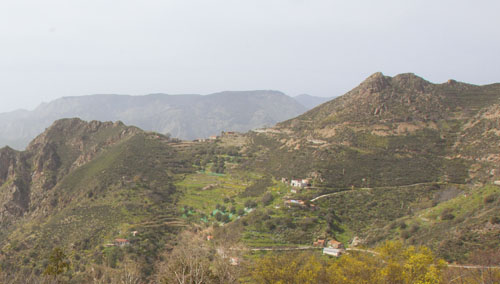The Biodistretto Grecanico (Grecanic Biodistrict) was founded in 2009 by AIAB Calabria, an Italian association for organic farming in Calabria. It is engaged in the promotion of specific production methods as a model of sustainable development, based on the principles of safeguarding and enhancing resources, respect for the environment, animal welfare and the health of consumers. |
 |
The Biodistretto Grecanico gives voice to a homogeneous historical and territorial identity, deriving from the perfect harmony that Calabrian Greeks have been able to establish with the territory of the southern Aspromonte over millennia. The Biodistrict expands into the lower Ionian area of ??Reggio across an area of ??about 600 square kilometres, comprising 12 municipalities: Bova, Bova Marina, Palizzi, Condofuri, San Lorenzo, Bagaladi, Melito di Porto Salvo, Roghudi Nuovo, Roccaforte del Greco, Motta San Giovanni, Montebello Jonico and Staiti, all of which preserve the ancient Greek traditions, today included in the linguistic minority of Greek Calabria. This is an area increasingly dedicated to organic farming where producers, citizens, tour operators and public administrations have made an agreement for the sustainable management of resources. |
.jpg) |
The Biodistrict is an organisation that aims to enhance the economy, local traditions and the integrity of the landscape. To do this, along with the involvement of public institutions, it tries to satisfy both the needs of producers, in the search for local markets, the engagement of local integrated services and the recognition of the role of the bio-farmer, and those of the consumer through food safety, knowledge of places of food production and the search for fair prices. Some food and drink delicacies typical of the Biodistrict Grecanico include wild artichoke, bergamot, the Aspromonte goat, the black pig, the olive oil and the IGT Palizzi wine. |
 |
In the Biodistrict Grecanico the promotion of organic products is closely combined with the promotion of the landscape and its particular characteristics in order help the area fully reach its economic, social and cultural potential. In this sense the Biodistrict Grecanico shares the same objectives as the Gerhard Rohlfs Museum of the Calabrian Greek Language, as it supports the preservation of traditional culture, a true driving force in development for rural communities. |
 |

|
|
